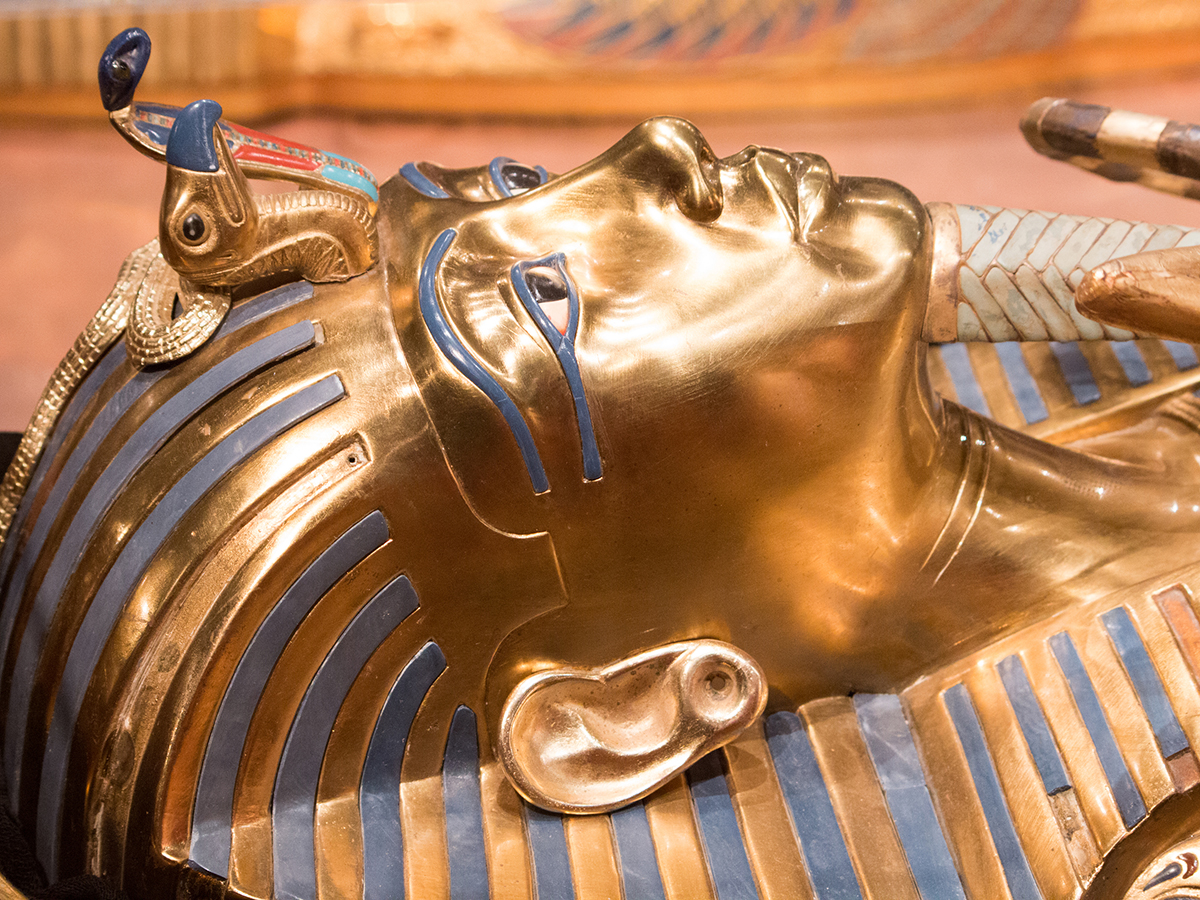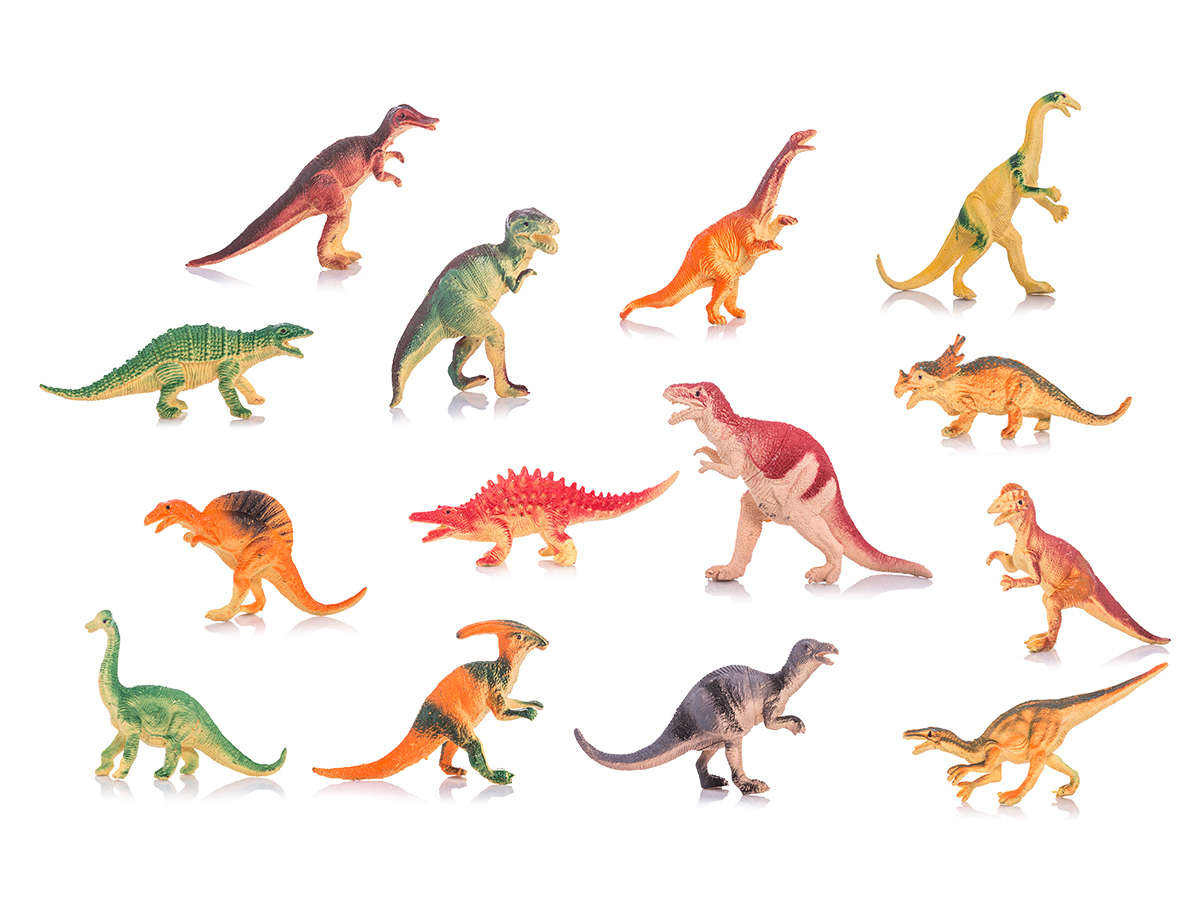
February 16, 2021
Nearly a century ago, Carter Woodson wanted to draw the nation’s attention to what he considered an overlooked and neglected topic. In 1926, the African American historian suggested establishing a “Negro History Week” offering up the second week of February. Fifty years later, the week was expanded to a month in which we focus on the history and stories of African Americans. What other history do we confine to a particular month—let alone the shortest month—of the year?
This was a gnawing and troubling thought while working with others on a recently published 44-page publication called Kansas City Black History: The African American Story of History and Culture in Our Community. The book, which is a collaborative project of the Local Investment Commission (LINC), where I work, along with the Kansas City Public Library and Black Archives of Mid-America, includes over 70 different stories of African American individuals. Some stories are well-known, such as those of professional baseball player Buck O’Neil, famous jazz musician Charlie Parker, and acclaimed photographer Gordon Parks. Others are less familiar.
Who knew that Junius Groves (1859-1925) was the “Potato King of the World” or that Cathay Williams (1844-1892) posed as a man, and in doing so, became the first African American woman to enlist in the U.S. Army? This booklet celebrates the lives, accomplishments, and achievements of artists, educators, politicians, physicians, ministers, journalists, and entrepreneurs. Images were obtained from 28 archival resources, including multiple historical societies and library collections, both near and as far as Wisconsin and New York.
In many instances, “being first” reflects an individual’s extraordinary abilities and perseverance, but sadly, it also highlights the social barriers of long-enduring intractable institutional racism. Dr. Carmaletta Williams, Executive Director of the Black Archives of Mid-America, observes in an essay that many Black Kansas Citians “sat up, sat in, kicked down doors, and broke through glass ceilings.”
The booklet includes essays from Kansas City Mayor Quinton Lucas, Negro Leagues Baseball Museum President Bob Kendrick, community leader and social justice activist Justice T. Horn, and poet Glenn North, whose inspiring poem concludes:
“I know of a place on the confluence of jazz, blues, baseball, and barbecue; home of countless Black lives that certainly mattered. I have no choice but to sing their names.”
These stories—of which there are certainly far too many to confine to a single month—are inspiring, and add to a social and civic history that most of us don’t know because it was not taught, not widely shared.
I encourage you to read Kansas City Black History: The African American Story of History and Culture in Our Community. You can access it online or receive a hard copy at no cost by placing an online order at www.kclinc.org/blackhistory.
Brent Schondelmeyer
MCPL Trustee
Read Similar Blogs:
History







